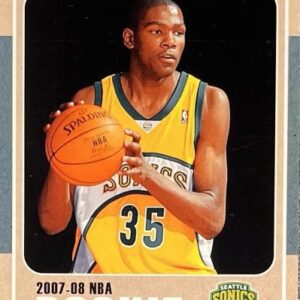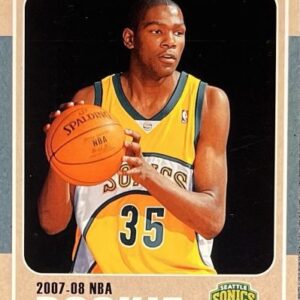NFL Players Association (NFLPA) finds itself in hot water, facing a $7 million blow as a result of a trading card deal gone awry. Lloyd Howell, newly appointed as the executive director of NFLPA, made a tough call that backfired, leading to financial repercussions for the organization.
The trouble began when NFLPA decided to cut ties with trading card giant Panini after key Panini staff members shifted allegiance to rival company Fanatics. Citing a “change in control” clause, NFLPA sought to end their exclusive contract with Panini. However, Panini saw through this move, alleging that the termination was a ploy to side with Fanatics. Arbitrators sided with Panini, leading to the hefty $7 million penalty for NFLPA.
David Boies, the attorney representing Panini, emphasized the impact of NFLPA’s actions on fans, collectors, and players, highlighting the breach of legal and moral obligations. Boies pointed out the financial losses incurred by players due to the termination of the contract. Despite the ruling, Panini maintained its commitment to fans and players by continuing to supply trading cards, mitigating the potential damages that could have been far greater.
In a separate legal battle, Panini has taken the fight to Fanatics, suing them for antitrust violations and tortious interference. The NFLPA has remained tight-lipped following the arbitration ruling and has yet to provide any comments on the matter.
Beyond the financial setback, this dispute calls into question NFLPA’s decision-making process and its loyalty to its members, fans, and the broader trading card community. The fallout from this incident serves as a reminder of the complex relationships and high stakes involved in the world of sports partnerships and deals. As NFLPA navigates the aftermath of this ruling, it faces scrutiny and challenges in rebuilding trust and ensuring transparent and ethical practices moving forward on behalf of its stakeholders.





